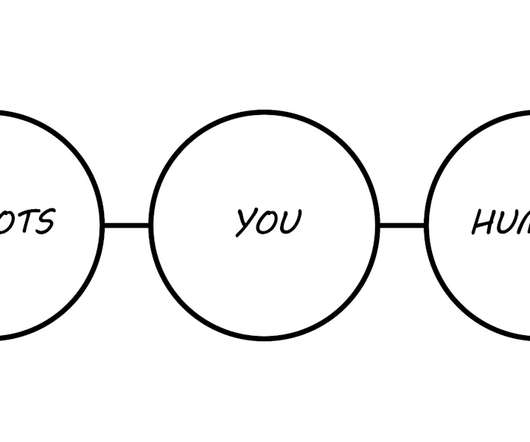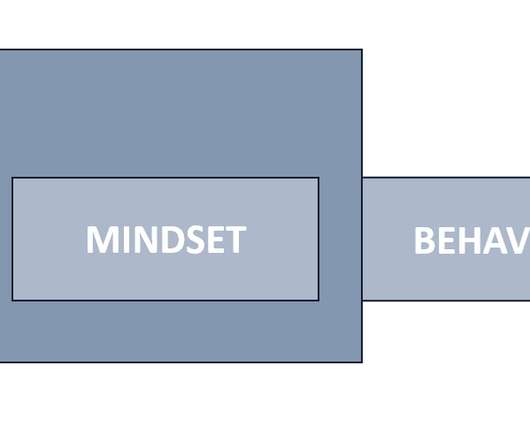Skills of the present
E-Learning Provocateur
MARCH 1, 2021
The meaning of the phrase skills of the future is variable. According to my own heuristic, a “skill of the future” is a capability for which demand will grow disproportionately over the next 5 years. The why for investing in skills of the future should be self-evident post Covid.















































Let's personalize your content